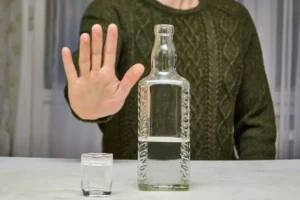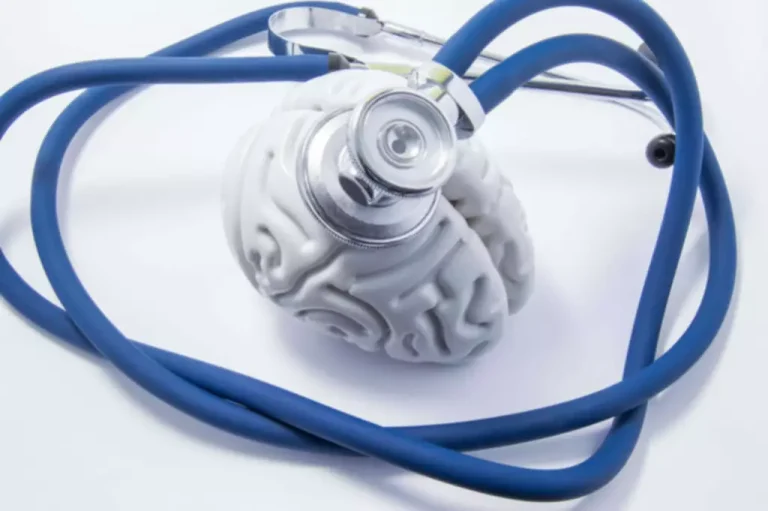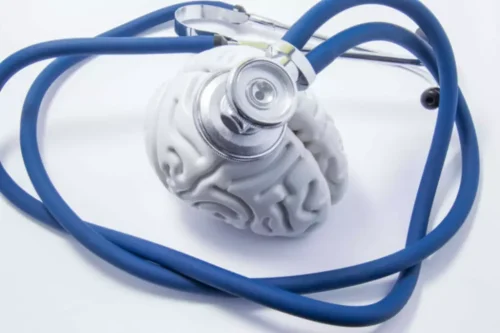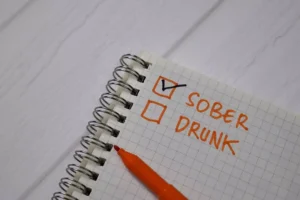
These hormones then stimulate thirst and water consumption, as well as the release of renin — an enzyme which helps regulate the level of electrolytes in the body. In an effort to help keep your electrolytes balanced through the onslaught of alcohol, your body then reduces urine production. Alcohol makes the blood vessels near your skin open up (dilate). This means you may stay in colder water for longer, increasing your risk of hypothermia. Alcohol, including the day after drinking, can also make drowning more likely for a number of other reasons. When we breathalysed people at four Australian rivers, we found higher levels of blood alcohol with higher temperatures, and particularly on public holidays.
The Nutritional Benefits of Coconut Water

Aspirin and other non-steroidal anti-inflammatories can help with headache, but can also irritate the stomach. Never take Tylenol during or right after drinking, as it can cause liver damage when mixed with alcohol. No one who has ever had a hangover wants to hear this, but the only certain cure is time.

Can You Actually Sweat Out Alcohol?
- When you drink, your body adjusts to the alcohol in your system in order to maintain a normal 8(ish)-hour cycle of sleep.
- If it’s only a slight hangover and you want to get a workout in, go for it.
- Everyone knows hangovers suck, and so does finding the most effective hangover cure.
- Don’t wait— reach out today to take the first step toward taking control of your life.
- Alcohol poisoning can be deadly or have serious long-term consequences.
- Being conscious of your alcohol consumption is also important.
The goal is to reap the benefits without pushing past the limits that could hinder recovery. And the more you drink the night before, the more severe your hangover symptoms might feel the morning after. Most people who get hangovers can diagnose themselves based on their alcohol consumption and symptoms. If you feel sick after consuming alcohol, you most likely have a hangover. When your body processes alcohol, one of the byproducts is acetaldehyde. In most people, the body breaks down acetaldehyde before it causes problems.
- Also, the ability to perform important tasks, such as driving, operating machinery, or caring for others can be negatively affected.
- Your sympathetic nervous system deals with responses to stress, which includes things like sweating, increased heart rate, and — you guessed it — shakes or tremors.
- While many people turn to water or sports drinks to overcome hangovers or to pair with exercise, I love to recommend coconut water as the best thing to drink for dehydration.
- Alcohol also affects the central nervous system, initially acting as a depressant and slowing brain activity.
Other Causes of Alcohol Hot Flashes
Your body labors to break down the alcohol – consumed as ethanol in beer, wine or spirits – forming damaging oxygen free radicals and acetaldehyde, itself a harmful compound. Dehydration is the root cause of many common hangover symptoms, including dry mouth, nausea, brain fog, weakness, dizziness, and headaches. Hangover perspiration can dehydrate your body even further, worsening your hangover symptoms. What’s more, severe dehydration can lead to coma, organ failure, and death. People who drink heavily often experience night sweats several hours or even days after consuming alcohol.
Symptoms of a hangover
Long gone is the pleasant buzz of drunkenness and all that’s left is the bitter poison. And since more than 90 percent of alcohol is processed in the liver, the tiny bit that leaves the body through sweat, even Drug rehabilitation lots of sweat, wouldn’t significantly reduce overall acetaldehyde levels. The key ingredient seems to be “drinking to intoxication”; how much you drank to get there is less important. In fact, several studies suggest that light and moderate drinkers are more vulnerable to getting a hangover than heavy drinkers.
In order to ward off the symptoms of dehydration following a hangover, it is good practice to drink non-alcoholic fluids. In addition, ensuring you have an adequate amount of time to sleep may decrease difficulty concentrating and fatigue the following day. Some people deficient in a protein called alcohol dehydrogenase 2 (ALDH2) may experience some symptoms similar to a hangover during intoxication. These symptoms include flushing, sweating, and an increased heartbeat. While this is not technically a hangover, it can feel like one.
What Causes Hangover Symptoms?
- Low blood sugar levels the day after drinking is also common.
- Night sweats are in most cases temporary, but they may continue for up to 24 hours after you had your last drink.
- This not only contributes to the dry mouth and headaches typical of a hangover but also depletes the body of essential electrolytes and minerals needed for optimal function.
And of course the classic “hair of the dog,” waking up to sweating from hangover a shot of the stuff that nearly killed you. If your shakes last longer than 24 hours, or if you’re concerned that they might be a sign of withdrawal, it’s best to talk with a healthcare professional as soon as possible. Again, shaking and tremors can also be a symptom of alcohol withdrawal syndrome, which can happen if you’ve been drinking for a while and suddenly stop or sharply reduce your intake. The good sources of electrolytes like potassium in Vita Coco support rapid rehydration by providing ample electrolytes — but without overloading the you with sodium and sugar that can further dehydrate. This in turn provides faster recovery, especially as compared to water alone, which does not contain ample electrolyte content.

Your liver is working to break down the alcohol you consumed so your kidneys can clear it out ASAP. But in the process, your body’s inflammatory and metabolic reactions are going to lay you low with a hangover. Have you ever worked out the day after a heavy night of drinking? You might be in the middle of a set when you begin to smell the familiar sweet scent of alcohol. You look around, wondering if somehow someone is crazy enough to be drinking in the gym. Studies showdifferent results about how alcohol use affects menopause symptoms.
- The, er, “stomach issues.” We hope last night was a blast, because today is going to suck.
- We publish material that is researched, cited, edited and reviewed by licensed medical professionals.
- As a Registered Dietitian, here’s why I’ve found coconut water is the best hangover remedy.
- There’s no harm in acting early in addressing potential problem drinking.
Can You Sweat Away a Hangover? What Science Says About Exercise and Recovery
Hangover symptoms usually begin within several hours after the drinking session ends, when blood alcohol concentration (BAC) begins to fall. Hangover symptoms can last from a few hours to up to 24 hours. Common hangover symptoms include headaches, thirst, sensitivity to light, irritability, and stomach upset.
Is there really a hangover cure?
Darker-colored drinks — such as bourbon, dark beer and red wine — contain higher concentrations of compounds known as congeners. The body metabolizes these into toxic substances such as formaldehyde and formic acid, which can add to hangover misery. Getting alcohol out of your body is a relatively slow process. On average, alcohol is metabolised at a rate of 0.015% per hour. So if someone stops drinking at 2am with a blood alcohol concentration of 0.20%, their alcohol levels don’t drop to zero until 4pm the next day. While there are plenty of misconceptions about easing a hangover, there are things people can do to avoid https://ecosoberhouse.com/ battling severe hangover symptoms.